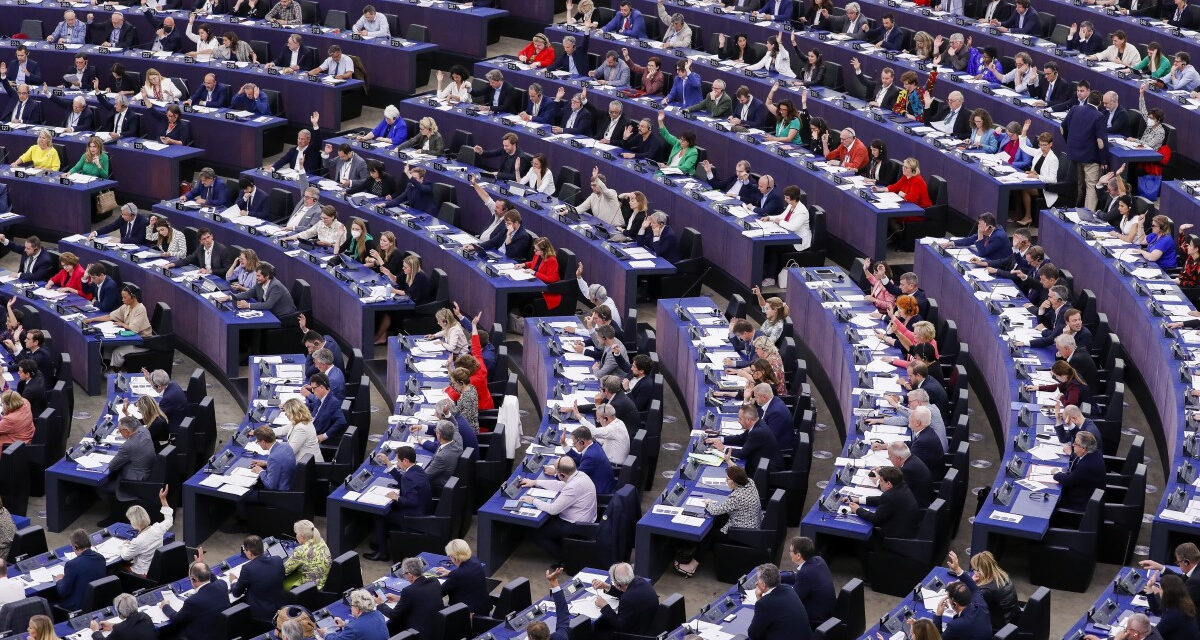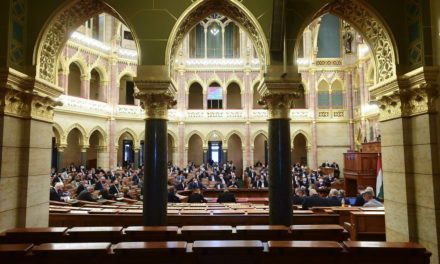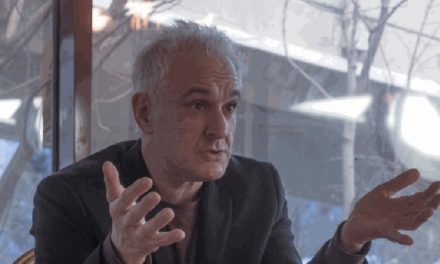There is no need for new negotiations and no new expectations can be placed on Hungary. However, there is a need, among other things, to expand the content of asset declarations, as well as measures aimed at improving the prevention and detection of corruption. We registered the most important commitments of our country.
A difficult but constructive negotiation process lasting several months between the Hungarian government and the European Commission was concluded with the decision of . The Committee found that it was submitted as a result of negotiations with the Hungarian government
A proposal for measures consisting of 17 points addresses those concerns,
for which the Commission initiated the conditionality procedure. If the Hungarian government fulfills its commitments, the conditionality procedure will be concluded before the end of the year. According to the schedule, the negotiations regarding the reconstruction fund and cohesion funds will be concluded before the end of the year, and our country can enter 2023 without any loss of funds.
What is required to close the procedure?
Above all, it is important that the government fulfills its commitments to a significant extent. This requires legislation and other government measures, which takes time. The good news is that
there is no need for new negotiations to close the procedure, and no new expectations can be set.
We have listed the most important commitments of our country below:
• Creation of an Integrity Authority, whose task is to intervene in cases where, in its opinion, the competent authorities have not taken the necessary steps to prevent, detect and correct fraud, conflicts of interest, corruption and other legal violations or irregularities that adversely affect the implementation of EU financial support. The independence of the authority is ensured by comprehensive guarantees, its chairman is appointed by the president of the republic on the basis of an open tender on the recommendation of the chairman of the State Audit Office (ÁSZ);
• Anti-Corruption Working Group, chaired by the President of the Integrity Authority. The working group will operate on a parity basis, i.e., with members coming from the governmental and non-governmental spheres equally. In its annual reports, it makes proposals to the government for measures aimed at improving the prevention and detection of corruption;
• The government undertakes to expand the personal scope and content of asset declarations, and to strengthen its control system;
• Undertakes the transparent management of public interest trust foundations performing a public task;
• He undertakes to apply a special procedure in case of priority crimes related to the exercise of public authority or the management of public property;
• Reduces the proportion of single-bid public procurement procedures financed from EU funds;
• In order to increase transparency, undertake the development of the Electronic Public Procurement System (EKR);
• Strengthens cooperation with OLAF;
• Keeps a central register in order to ensure increased transparency of public expenditures;
What will be the schedule for the next few days?
At the end of August, the Hungarian government already started implementing the undertaken measures, which it will continue to do in close cooperation with the Commission and international organizations (Council of Europe, OECD).
Two legislative packages will be submitted,
one on September 19 and the other on September 23. In the former, there will be amendments to the law concerning public interest trust foundations performing public tasks and cooperation with OLAF. The content of the September 23 legislative package is still being prepared.
Is Hungary losing resources?
Hungary has never lost EU funds, and based on today's decision of the Commission, this danger is not imminent. If the Hungarian government fulfills its commitments, no sanctions council resolution will be adopted. Therefore, it is of secondary importance what sanction proposal the draft contains.
Featured image: MTI/EPA/Julien Warnand













